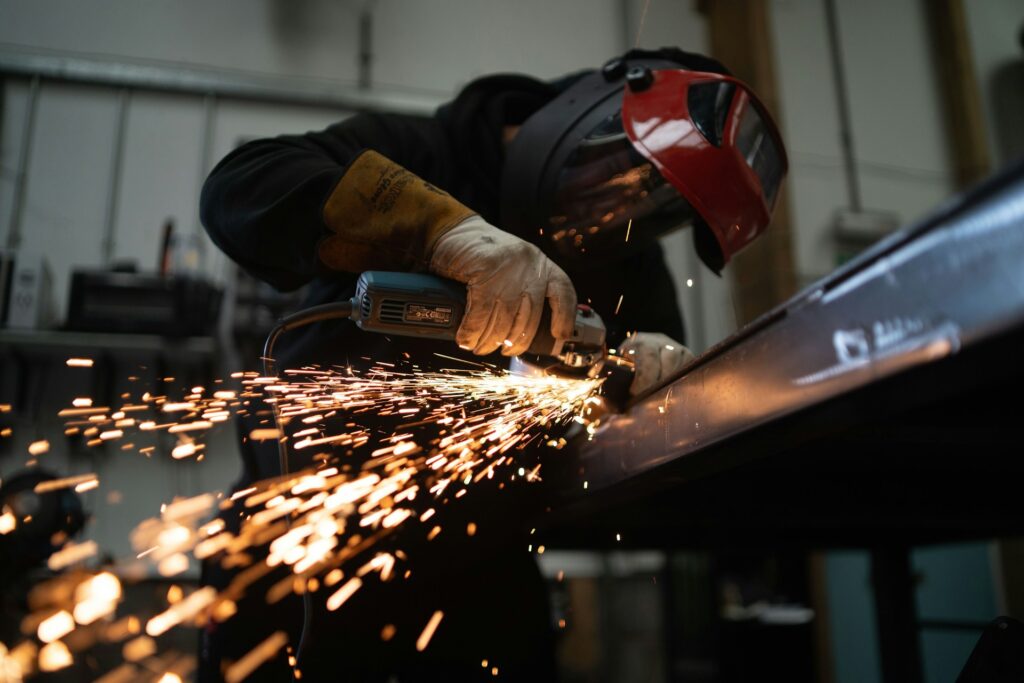Jepara, a coastal town in Central Java, has long been recognized as the heart of Indonesian furniture manufacturing. Its unique blend of heritage craftsmanship and modern production systems positions it as one of the most reliable global sourcing hubs. For buyers worldwide, Jepara offers a rare balance: artisanal detail rooted in centuries of tradition, delivered at container-scale volumes that meet international hospitality, retail, and wholesale demands.
1. The Heritage of Jepara’s Craftsmanship
Jepara’s reputation as the World Carving Centre comes from generations of artisans mastering ukiran (wood carving). This heritage continues to shape Indonesian exports, giving products cultural depth and hand-finished uniqueness that mass-market furniture often lacks (Nara Mulya).
- Detailed carvings and finishes are still completed by hand.
- Skills are passed through apprenticeships, ensuring knowledge transfer.
- Styles range from traditional Javanese to modern minimalist.
2. Modern Factories Backed by Tradition
While Jepara is famous for artisanal work, it has also embraced modernization to meet global expectations. Many manufacturers operate hybrid production systems, where:
- CNC machinery ensures dimensional accuracy and efficiency.
- Kiln-drying chambers reduce moisture content for export compliance.
- ERP systems track workflows from sourcing to shipping.
This combination allows Jepara manufacturers to fulfill container-scale orders without sacrificing the artisanal touches that differentiate their products (Republic Furnitures).
3. Certifications That Build Global Trust
International buyers demand proof of sustainability and legality, and Jepara delivers:
- SVLK certification – mandatory for Indonesian wood exports, ensuring legality and traceability (FLEGT.org).
- FSC® certification – optional but increasingly sought after by eco-conscious markets.
- ISO and BSCI standards – adopted by larger factories serving retail and hospitality clients.
For global buyers, these certifications reduce compliance risks while reinforcing Jepara’s credibility as a trusted export partner.
4. Export Capacity and Global Reach
Jepara contributes a significant share of Indonesia’s furniture exports, serving clients across the US, EU, and Middle East. Its proximity to Semarang Port supports efficient container logistics. Lead times typically range from 70–90 days per container, depending on order complexity (CIFOR).
5. Why Global Buyers Return to Jepara
For B2B leaders in procurement, hospitality, and retail, Jepara offers:
- Design flexibility: Ability to produce custom orders in varied styles.
- Scale with quality: Consistent container shipments without losing artisanal value.
- Operational maturity: Systems in place to handle compliance, QC, and logistics.
Summary Table
| Factor | Jepara’s Advantage |
|---|---|
| Craftsmanship | Generations of hand-carving expertise |
| Modern Production | CNC, kiln-drying, ERP systems |
| Certifications | SVLK mandatory, FSC® optional |
| Export Capacity | Container-scale, strong port access |
| Buyer Trust | Blend of tradition + compliance |
FAQ
Q: Why is Jepara considered Indonesia’s furniture capital?
A: Jepara has centuries of wood-carving tradition and now supports container-scale exports, making it both culturally significant and commercially competitive.
Q: How do Jepara factories balance craft and volume?
A: Structural work is handled by machines for precision, while artisans complete detailing and finishing—ensuring efficiency without losing authenticity.
Q: What certifications should buyers check when sourcing from Jepara?
A: SVLK is mandatory, while FSC® adds extra credibility. Larger factories may also comply with ISO or BSCI standards.
Q: Are Jepara manufacturers suitable for large-scale hospitality projects?
A: Yes—Jepara factories have matured to handle container volumes while offering custom designs suited for hospitality and retail sectors.

